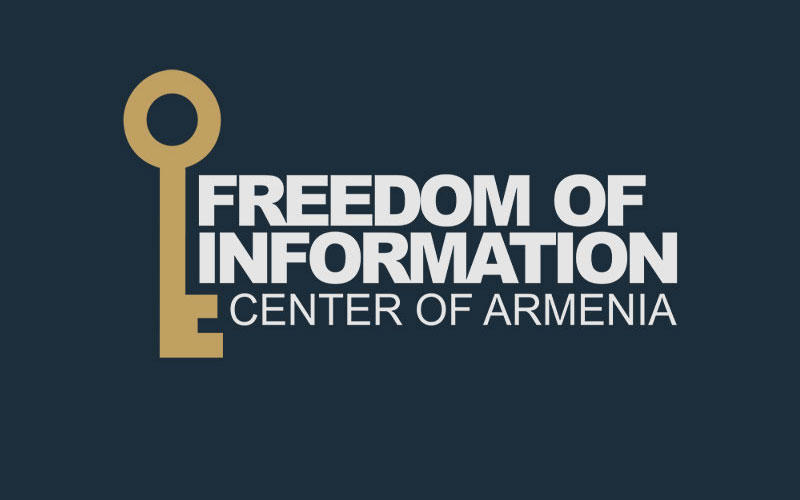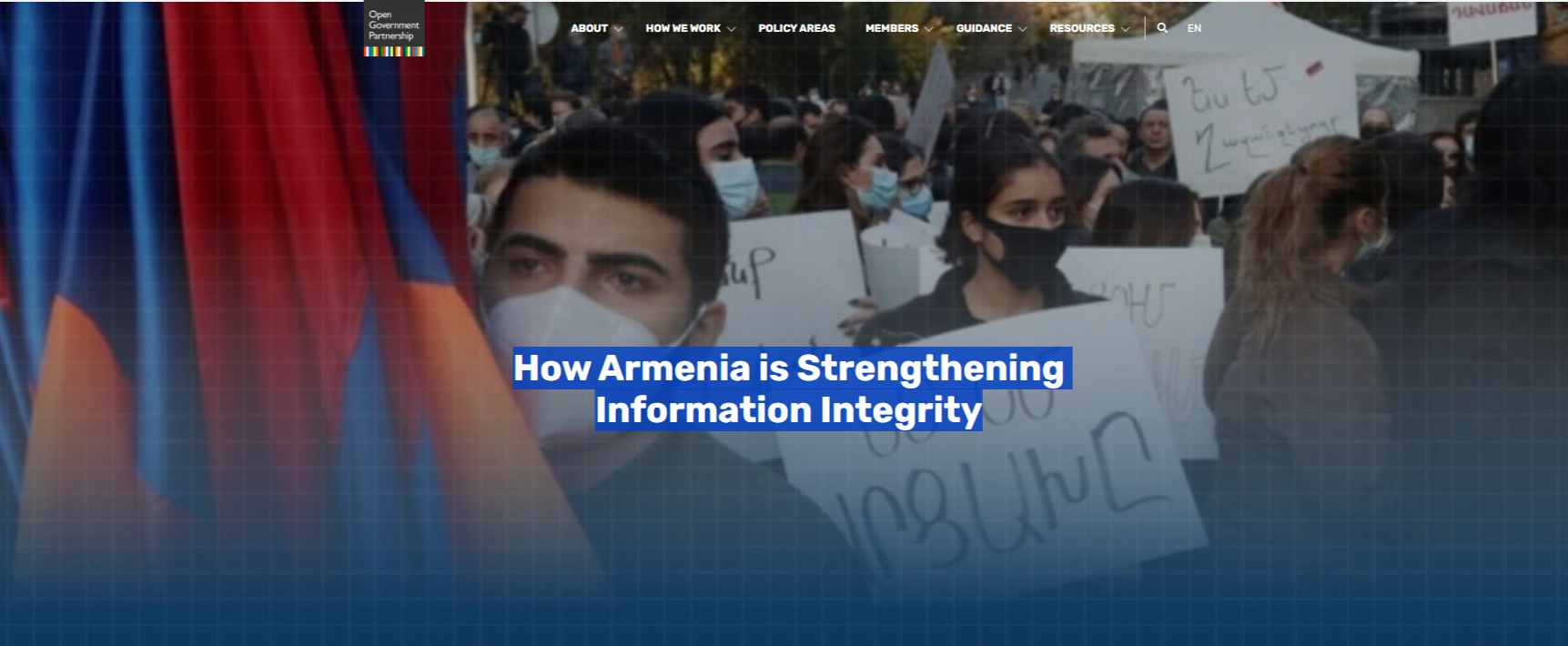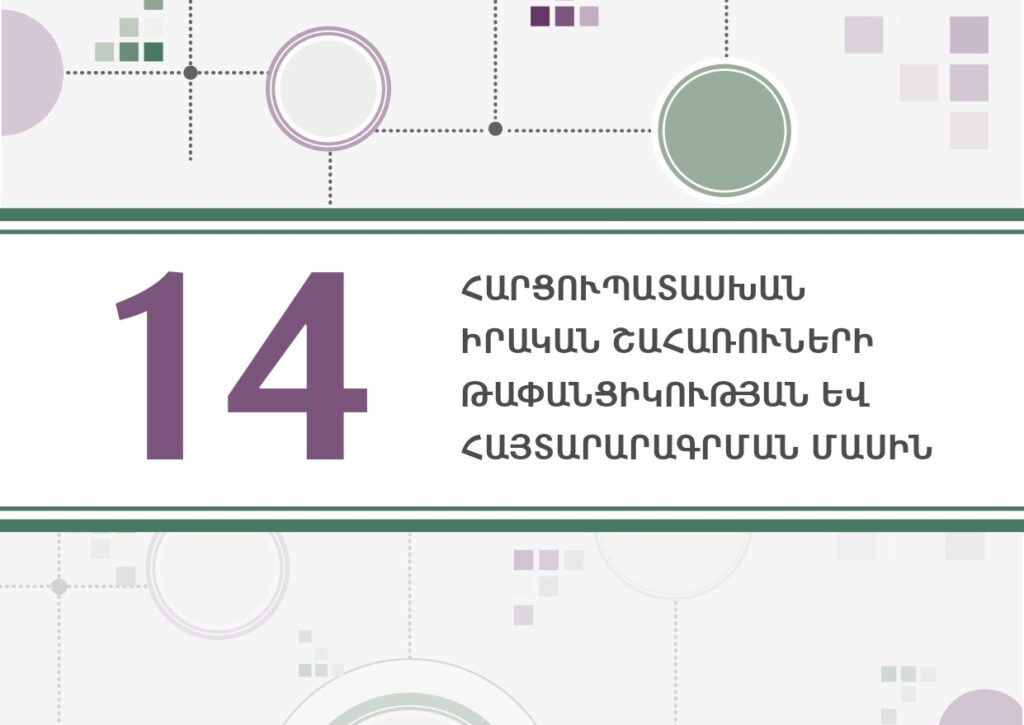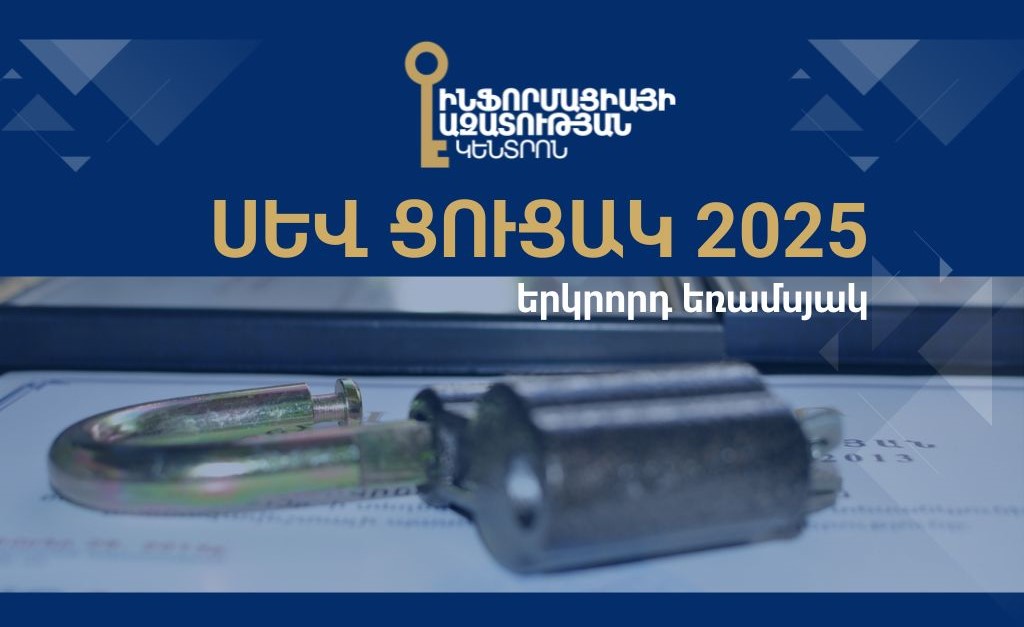Gevorg Hayrapetyan When attempting to receive information, one comes across such legal acts that define other conditions for receiving information than those defined in the RoA Law on Freedom of Information. On 07.07.2009, the Freedom of Information Center sent an enquiry to the Traffic Police Service of the RoA Police requesting to provide statistics concerning traffic rules violations in Yerevan city for the first half of 2009 and the difference in the number of traffic related law infringements (in %), as compared with the 1st half of 2008. The Traffic Police Service of the RoA Police responded with a refusal to the enquiry of the FOIC, mentioning that it is necessary to pay for information. “We are ready to provide information, but there is Government’s Decision (No. 1408- Ն), according to which a payment of 3000 drams is due to be paid to the extra-budgetary fund for providing information. What if they come, check and find out there is no receipt but the information has been provided?”. This is the ground for declining information. According to this Decision, irrespective of the volume of information requested, one has to pay 3000 drams to the extra-budgetary fund of the Traffic Police Service to receive information from this Service. “You can receive response to your letter only upon submitting receipt showing the payment”. We were informed by the Legal Department of the Government that the reason for this Decision is the following: few years ago reform processes were launched at the Traffic Police System. Large funds were necessary for such reforms and it was not possible to cover such funds through the budget. This is how the necessity to create an extra-budgetary fund occurred. Thus some functions of the Traffic Police Service became payable. Naturally, the RoA Government was to define the amount of the payment to be paid to the extra-budgetary fund. Doesn’t the Decision No. 1408- Ն of the Government contradict the RoA Law on Freedom of Information? Article 10 of the FOI Law defines that no payment shall be charged by state or local self-government bodies, public agencies and organizations when providing upto 10 pages of printed or photocopied information. According to the RoA Law on Legal Acts the agency implementing a legal act has the authority to interpret it. In this case this agency is the Traffic Police Service of the RoA Police. The FOIC sent an enquiry to the Traffic Police Service of the RoA Police for the second time, mentioning that the RoA Law on Freedom of Information overweighs the Government’s Decision No. 1408- Ն and that it is necessary to be guided by the FOI Law and not by the Government’s Decision. Receiving this enquiry, the Traffic Police Service invited the FOIC to the Police for providing thorough information on the situation. The Head of Legal Desk of the Traffic Police Service Major Chilingaryan mentioned that actually there is no contradiction between the RoA Law on Freedom of Information and the Government’s Decision as the Government did not decide that it is necessary to pay for the information provided by Traffic Police Service. This requirement is defined in point “g”, part 2 of Article 33.1 of the RoA Law on Ensuring Road Traffic Security. According to that point, the extra-budgetary fund is formed through means received from the payments for providing information that is not prohibited by law. So it appears that two equatable legal acts, i.e. the Law on Freedom of Information and the Law on Ensuring Road Traffic Security contain provisions that contradict each other. On the one hand the FOI law clearly mentions that the provision of information of upto 10 pages is free, on the other hand the relevant Article of the Law on Ensuring Road Traffic Security implies that it is necessary to pay in order to receive information from the Traffic Police Service of the RoA Police. Mr. Chilingaryan mentioned as well that every day he has to provide long explanations to many citizens on the necessity and legality of the payment because for many of them 3000 drams is not a small amount to pay. So, the TPS’s situation is also not an easy one. In conclusion Mr. Chilingaryan gave an advice: “Come up with a relevant initiative”…











